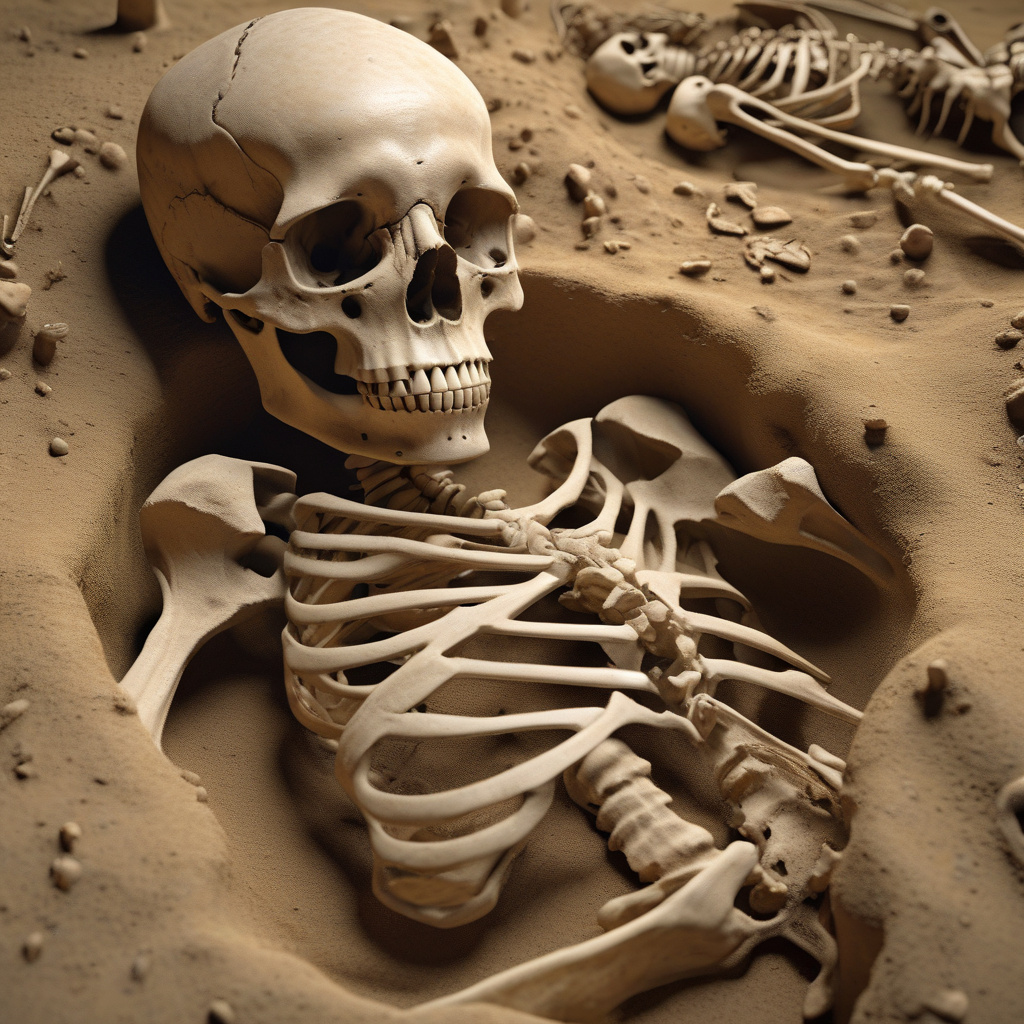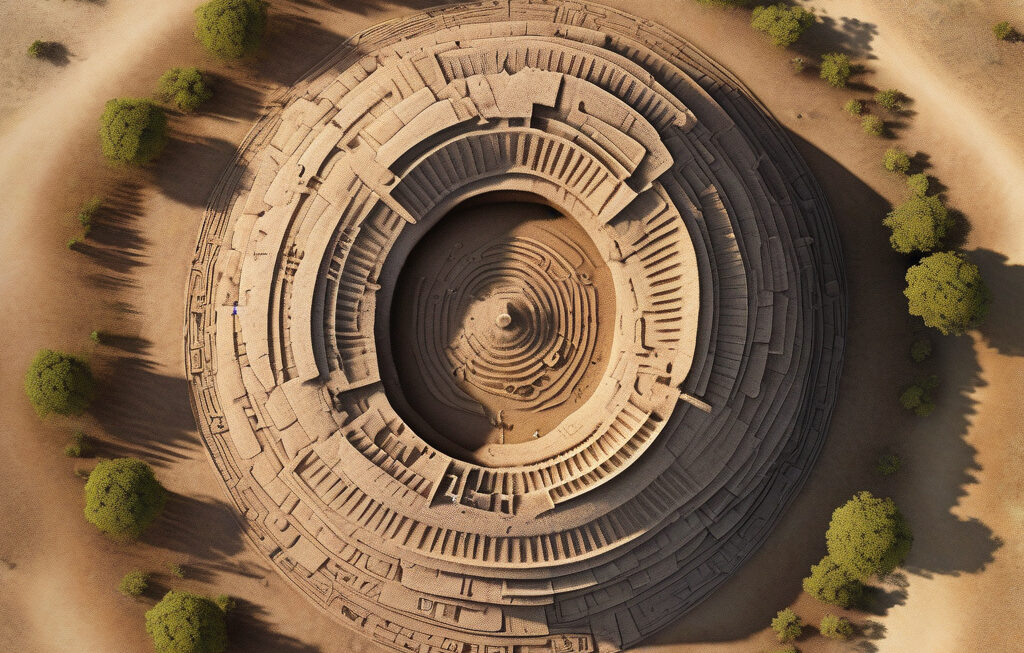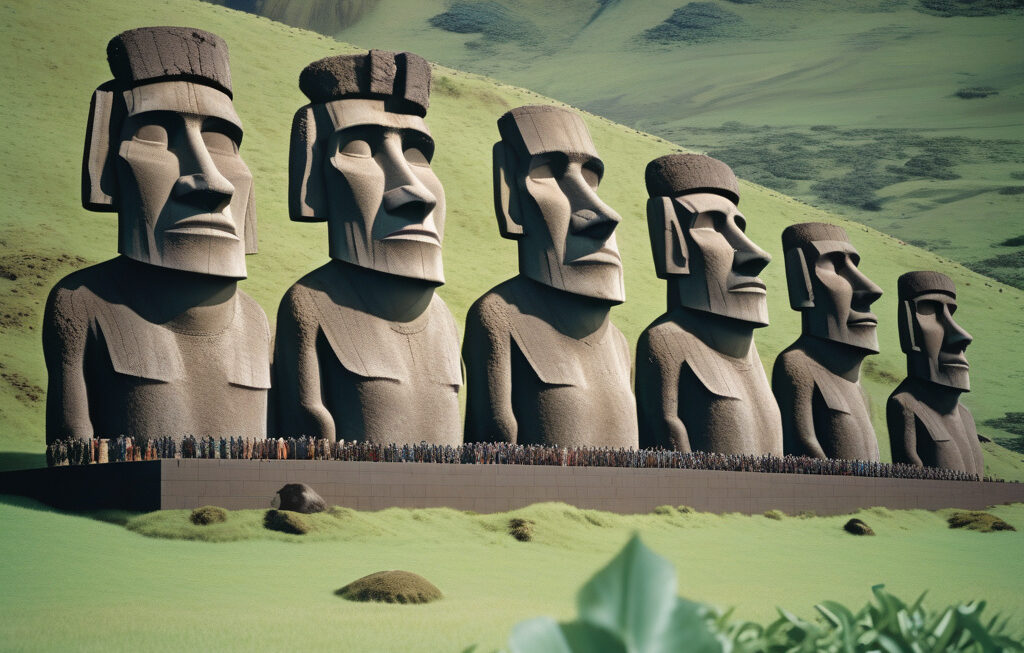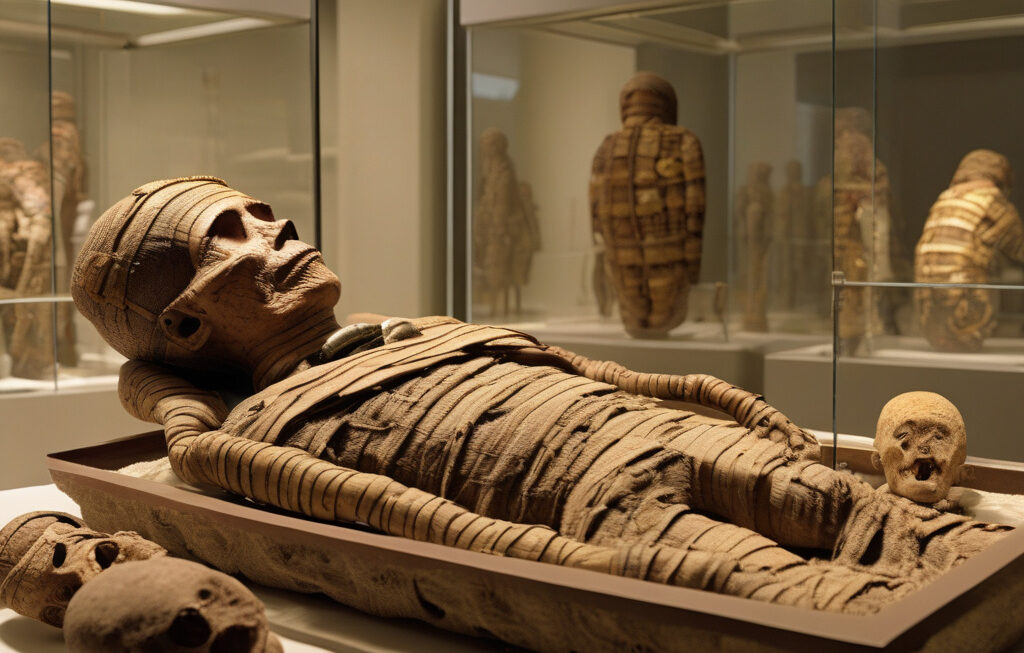Remarkably well-preserved remains of a 1,000-year-old individual from a cave in central Mexico provided researchers with a unique opportunity to delve into the ancient microbiome details of our ancestors. The discovery, which sheds light on the lifestyle and health of individuals from the past, offers a glimpse into the microbiota that inhabited the human gut centuries ago.
This groundbreaking find has opened a window into the microbial world of ancient civilizations, allowing scientists to analyze the microbiome of a person who lived a millennium ago. By studying the preserved remains, researchers have been able to identify the bacteria that resided in the individual’s gut, providing valuable insights into the diet, environment, and overall health of people from that era.
The microbiome, which consists of trillions of microorganisms living in and on the human body, plays a crucial role in digestion, immunity, and overall well-being. By studying the ancient microbiome, researchers can better understand how diet and lifestyle have evolved over time and how these changes have impacted human health.
One of the most intriguing findings from the study is the presence of certain bacterial species that are no longer commonly found in the human gut today. This discovery suggests that our ancestors may have had a different diet or living environment that influenced the composition of their microbiome. By comparing the ancient microbiome to modern-day gut bacteria, researchers can gain valuable insights into how our microbiota has changed over the centuries.
Furthermore, the well-preserved nature of the remains allowed researchers to conduct a detailed analysis of the individual’s microbiome, providing a comprehensive look at the microbial diversity present in the gut. This level of preservation is rare in archaeological finds and offers a unique opportunity to study the ancient microbiome in depth.
The study of ancient microbiomes is a rapidly growing field that holds great promise for our understanding of human health and evolution. By analyzing the gut bacteria of individuals from the past, researchers can uncover valuable information about diet, lifestyle, and disease prevalence in ancient populations.
As technology advances, researchers are able to extract more information from ancient remains, offering new insights into the lives of our ancestors. The discovery of the well-preserved 1,000-year-old individual from Mexico is just one example of how archaeological finds can provide valuable data for scientific research.
In conclusion, the analysis of the well-preserved remains of a 1,000-year-old individual from Mexico has provided researchers with a unique opportunity to study the ancient microbiome in detail. This groundbreaking discovery offers valuable insights into the diet, lifestyle, and health of individuals from the past, shedding light on how our microbiota has evolved over time. By continuing to study ancient microbiomes, researchers can unlock the secrets of our ancestors’ health and well-being, offering new perspectives on human evolution and disease.
#ancientmicrobiome, #archaeologicalfinds, #humanhealth, #microbialdiversity, #researchinsights












